Home>Gardening & Outdoor>Landscaping Ideas>How To Get Rid Of Bermuda Grass
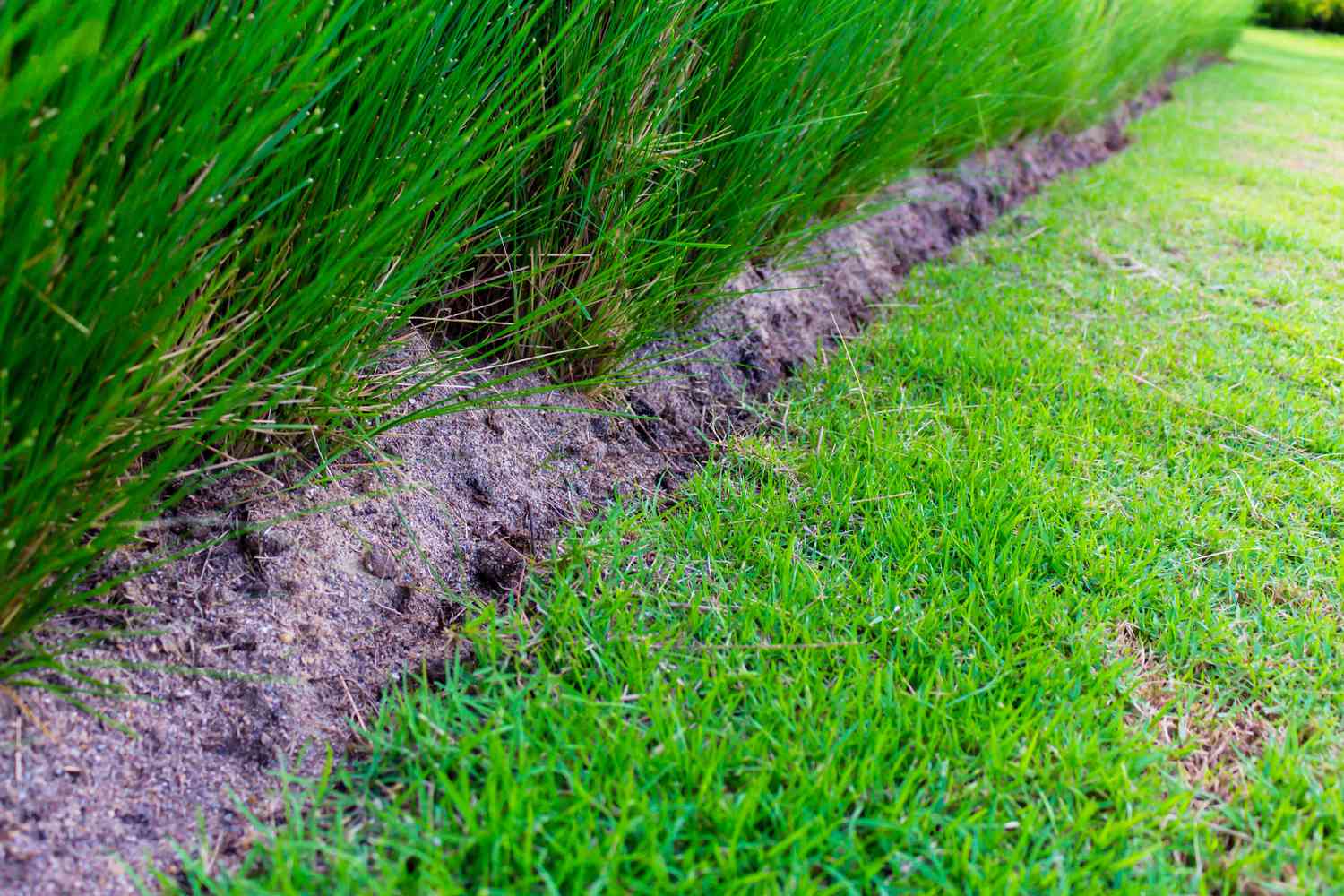

Landscaping Ideas
How To Get Rid Of Bermuda Grass
Modified: February 18, 2024
Learn effective landscaping ideas to get rid of Bermuda grass and transform your lawn into a lush, beautiful space. Get expert tips and techniques for successful grass removal.
(Many of the links in this article redirect to a specific reviewed product. Your purchase of these products through affiliate links helps to generate commission for Storables.com, at no extra cost. Learn more)
Introduction
So, you've found yourself battling Bermuda grass, and you're eager to reclaim your lush green lawn or garden space. Fear not, as you've come to the right place. Dealing with Bermuda grass can be a daunting task, but with the right approach and a bit of know-how, you can effectively tackle this resilient and invasive grass species.
In this comprehensive guide, we'll delve into the world of Bermuda grass, exploring its characteristics, growth patterns, and the various methods for eradication and prevention. Whether you're a seasoned gardener or a novice enthusiast, this article will equip you with the knowledge and strategies needed to bid farewell to Bermuda grass and restore the beauty of your outdoor space.
So, grab your gardening gloves and let's embark on this journey to reclaim your turf from the clutches of Bermuda grass!
Key Takeaways:
- Bermuda grass is a tough opponent for your lawn, but with manual or mechanical removal and careful herbicide use, you can win the battle and restore your outdoor space.
- Preventing Bermuda grass re-growth is crucial. Regular monitoring, healthy lawn care, and physical barriers can help keep your landscape free from this persistent invader.
Read more: How To Get Rid Of Bermuda Grass In Zoysia
Understanding Bermuda Grass
Before diving into the eradication process, it's essential to understand the adversary you're up against. Bermuda grass (Cynodon dactylon) is a warm-season perennial grass that is prevalent in many regions, known for its aggressive growth and resilience. It thrives in full sun and can withstand drought conditions, making it a formidable foe for those seeking a pristine lawn or garden.
Identifying Bermuda grass is crucial, as its characteristics set it apart from other grass species. It typically features wiry stems and long, slender leaves that form dense mats, enabling it to outcompete surrounding vegetation. Its extensive root system and underground rhizomes allow it to spread rapidly, infiltrating flower beds, vegetable gardens, and ornamental landscapes with ease.
Bermuda grass is notorious for its ability to thrive in various soil types, including sandy, loamy, and clay soils, further contributing to its widespread presence. Its aggressive nature and adaptability make it a persistent nuisance for property owners, requiring proactive measures to control and eliminate its presence.
Moreover, Bermuda grass can quickly establish itself from seeds, making it imperative to address any infestations promptly. Understanding its growth patterns, resilience, and propagation methods is fundamental in devising an effective eradication and prevention strategy.
Armed with this knowledge, you're better equipped to tackle the challenge posed by Bermuda grass. In the following sections, we'll explore the various methods for removing Bermuda grass, encompassing both chemical and organic approaches, as well as preventive measures to inhibit its re-growth.
Removing Bermuda Grass
When it comes to reclaiming your lawn or garden from the clutches of Bermuda grass, several approaches can be employed to effectively remove this resilient invader. Whether you opt for chemical control methods or prefer an organic approach, the key lies in thoroughness and persistence.
Before initiating the removal process, consider the scope of the infestation and the specific areas affected. Are you dealing with isolated patches, or has Bermuda grass infiltrated the entire lawn? Assessing the extent of the problem will guide your approach and help determine the most suitable removal method.
For localized infestations, manual removal can be an effective initial step. Using a sharp spade or shovel, carefully dig out the Bermuda grass, ensuring to remove as much of the root system as possible. This method is labor-intensive but can yield favorable results, especially when combined with subsequent control measures.
For larger areas or more pervasive infestations, mechanical removal methods, such as tilling or sod-cutting, may be necessary. Tilling the soil can uproot the Bermuda grass and disrupt its growth, while sod-cutting removes the upper layer of grass and soil, providing a clean slate for reseeding or replanting.
Once the visible Bermuda grass has been removed, it's crucial to address any remaining rhizomes and underground runners, as even small fragments can lead to re-growth. Thoroughly inspect the soil and meticulously remove any residual roots to prevent the grass from staging a comeback.
While manual and mechanical removal are effective, they may not always eradicate Bermuda grass entirely, especially if the infestation is extensive. In such cases, supplementing these methods with chemical or organic control measures can bolster your efforts and inhibit re-growth.
In the subsequent sections, we'll explore the nuances of chemical and organic control methods, providing insights into their application and efficacy in combating Bermuda grass. By combining these strategies with proactive prevention tactics, you can reclaim your outdoor space and thwart the relentless advance of Bermuda grass.
Chemical Control
When confronting a widespread or persistent Bermuda grass infestation, chemical control methods can serve as a valuable tool in your eradication arsenal. Herbicides formulated specifically for targeting Bermuda grass can effectively impede its growth and facilitate its elimination, albeit with careful application and adherence to safety guidelines.
Selective herbicides designed to combat Bermuda grass while preserving desirable turf species are available in both pre-emergent and post-emergent formulations. Pre-emergent herbicides prevent Bermuda grass seeds from sprouting, curbing its propagation at the source. Post-emergent herbicides are applied to actively growing Bermuda grass, inhibiting its development and hastening its demise.
Before applying any herbicidal treatment, it is imperative to carefully read and follow the manufacturer’s instructions, ensuring proper dilution, application rates, and safety precautions. Additionally, consider the environmental implications and potential impact on non-target plants, animals, and water sources when using chemical control methods.
For targeted spot treatments, a ready-to-use herbicide with a precision applicator can be employed to selectively address Bermuda grass infestations while minimizing impact on surrounding vegetation. This approach allows for precise application and minimizes the risk of collateral damage to desirable plants.
It’s important to note that repeated applications may be necessary to effectively eradicate Bermuda grass, as its resilient nature can render it resistant to initial treatments. Additionally, timing is crucial when applying herbicides, as targeting Bermuda grass during its active growth phase maximizes the efficacy of the treatment.
While chemical control methods can yield favorable results in combating Bermuda grass, it’s essential to exercise caution and prudence when utilizing herbicidal treatments. Adhering to recommended safety practices and considering alternative control measures, such as organic approaches, can contribute to a comprehensive and sustainable eradication strategy.
In the subsequent section, we’ll delve into organic control methods, offering environmentally friendly alternatives for managing Bermuda grass and restoring the natural balance of your outdoor space.
To get rid of Bermuda grass, you can use a non-selective herbicide like glyphosate. Apply it directly to the grass, making sure to follow the instructions on the label. This will help kill the Bermuda grass without harming other plants.
Organic Control
For those seeking a natural and eco-friendly approach to combat Bermuda grass, organic control methods offer effective alternatives to chemical treatments while promoting environmental sustainability and soil health.
One of the primary organic control methods for managing Bermuda grass involves smothering or solarizing the affected area. This technique entails covering the infested soil with heavy-duty landscaping fabric, cardboard, or several layers of newspaper to block sunlight and deprive the Bermuda grass of essential resources for growth. Over time, this suffocation method can weaken and deplete the grass, facilitating its eradication.
In regions with ample sunlight and high temperatures, solarization can be employed to harness the heat of the sun and accelerate the demise of Bermuda grass. By covering the affected area with a clear plastic tarp, solarization raises soil temperatures, effectively sterilizing the soil and thwarting the vitality of Bermuda grass and its underlying rhizomes.
Introducing competitive plant species that outcompete Bermuda grass can aid in its suppression and eventual displacement. Selecting dense, vigorous ground covers or native grasses that thrive in your specific climate and soil conditions can help establish a resilient and diverse plant community, reducing the opportunities for Bermuda grass to re-establish itself.
Furthermore, regular mowing at the appropriate height can weaken Bermuda grass and prevent it from setting seed, impeding its reproductive cycle and gradual expansion. By maintaining a healthy lawn or garden through proper cultural practices, such as adequate watering and soil enrichment, you can bolster the resilience of desirable vegetation and create an inhospitable environment for Bermuda grass.
Utilizing organic herbicidal sprays, such as vinegar-based solutions or horticultural-grade vinegar, can be effective in targeting Bermuda grass while minimizing harm to the surrounding ecosystem. These natural alternatives offer a gentler approach to weed control and are biodegradable, reducing the ecological impact associated with chemical herbicides.
By integrating these organic control methods into your weed management strategy, you can mitigate the encroachment of Bermuda grass and foster a harmonious and sustainable outdoor environment. In the following section, we’ll explore preventive measures to inhibit the re-growth of Bermuda grass, ensuring long-term success in reclaiming your lawn or garden.
Read more: How To Get Rid Of Centipede Grass In Bermuda
Preventing Bermuda Grass Re-Growth
Having successfully eradicated Bermuda grass from your lawn or garden, the next crucial step is implementing preventive measures to inhibit its re-growth and ensure long-term control. By employing proactive strategies and maintaining vigilance, you can safeguard your outdoor space from the resurgence of this resilient grass species.
One fundamental preventive measure involves vigilant monitoring and prompt intervention. Regularly inspect your lawn or garden for any signs of Bermuda grass regrowth, paying particular attention to areas where it previously thrived. Early detection allows for swift action, preventing the grass from establishing a foothold and spreading uncontested.
Establishing and maintaining healthy turf or plantings is paramount in creating an environment that is less conducive to Bermuda grass resurgence. Proper lawn care practices, including regular mowing at the appropriate height, adequate watering, and soil enrichment through organic amendments, promote the vigor of desirable vegetation, reducing the opportunities for Bermuda grass to re-establish itself.
Where feasible, implementing physical barriers, such as landscape edging or barriers, can help contain the spread of Bermuda grass and prevent its encroachment into cultivated areas. These barriers act as a deterrent, impeding the lateral expansion of the grass and confining its growth to manageable boundaries.
Applying mulch to garden beds and landscaped areas serves multiple purposes, including weed suppression and moisture retention, while also inhibiting the germination and growth of Bermuda grass. Organic mulches, such as wood chips or straw, create an inhospitable environment for weeds and contribute to the overall health and aesthetics of the landscape.
Engaging in regular and proactive weed management practices, such as hand-pulling any emerging Bermuda grass and addressing it promptly, is essential in preventing its re-establishment. By staying attuned to the dynamics of your outdoor space and consistently implementing preventive measures, you can maintain control over Bermuda grass and preserve the integrity of your landscape.
By integrating these preventive measures into your ongoing landscape maintenance regimen, you can fortify the resilience of your lawn or garden against the re-growth of Bermuda grass, ensuring a thriving and weed-free outdoor environment for years to come.
With a comprehensive understanding of Bermuda grass and the effective methods for its removal, organic control, and prevention, you are equipped to reclaim and safeguard your outdoor space from the persistent encroachment of this resilient grass species.
Conclusion
As you conclude your journey in combating Bermuda grass, it’s essential to reflect on the knowledge gained and the strategies employed to restore the beauty and vitality of your outdoor space. The battle against Bermuda grass is a testament to nature’s resilience and adaptability, requiring diligence, resourcefulness, and a deep understanding of effective control methods.
Through the process of understanding Bermuda grass, you’ve gained insight into its tenacious nature, rapid propagation, and the challenges it presents to maintaining a pristine lawn or garden. Armed with this knowledge, you’ve embarked on the journey of removing Bermuda grass, employing manual, mechanical, chemical, and organic control methods to reclaim your turf from its invasive grip.
As you navigated the realm of chemical control, you embraced the potential of selective herbicides to impede Bermuda grass growth, recognizing the need for caution and environmental mindfulness in their application. Exploring organic control methods, you discovered the power of natural approaches such as smothering, solarization, and fostering competitive plant species to suppress and deter the re-establishment of Bermuda grass.
Looking forward, the imperative of preventing Bermuda grass re-growth has become a focal point in your landscape management endeavors. By implementing vigilant monitoring, promoting the vigor of desirable vegetation, and employing physical barriers and mulching, you’ve fortified your outdoor space against the resurgence of Bermuda grass.
As you embrace the conclusion of this transformative journey, you stand as a steward of your landscape, equipped with the knowledge and tools to maintain its integrity and vibrancy. The battle against Bermuda grass has not only enriched your understanding of weed management but has also instilled a profound appreciation for the resilience and beauty of the natural world.
With your newfound expertise and a steadfast commitment to proactive landscape care, you are poised to enjoy a flourishing and weed-free outdoor environment. As you revel in the lush greenery and tranquility of your rejuvenated lawn or garden, remember that the knowledge and perseverance you’ve demonstrated in combating Bermuda grass will continue to serve you in nurturing and preserving the splendor of your outdoor sanctuary.
May your landscape thrive, unencumbered by the tenacity of Bermuda grass, and may the lessons learned in this endeavor inspire a deeper connection with the natural world that surrounds you.
Frequently Asked Questions about How To Get Rid Of Bermuda Grass
Was this page helpful?
At Storables.com, we guarantee accurate and reliable information. Our content, validated by Expert Board Contributors, is crafted following stringent Editorial Policies. We're committed to providing you with well-researched, expert-backed insights for all your informational needs.
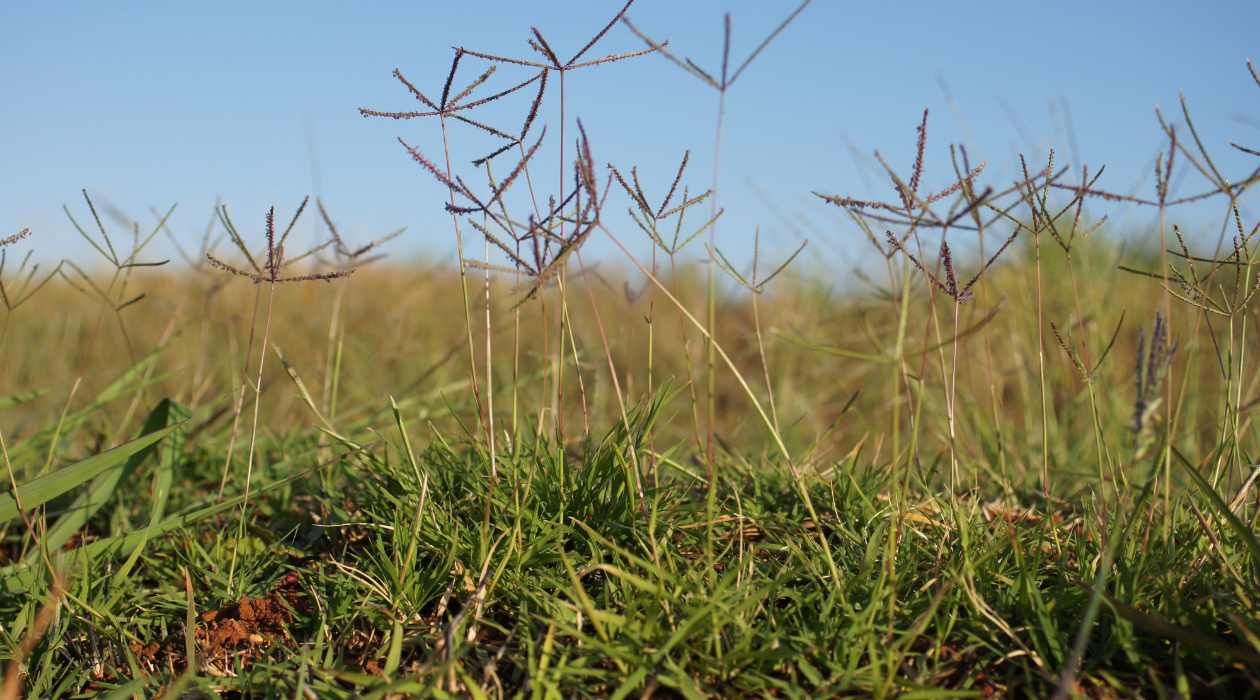
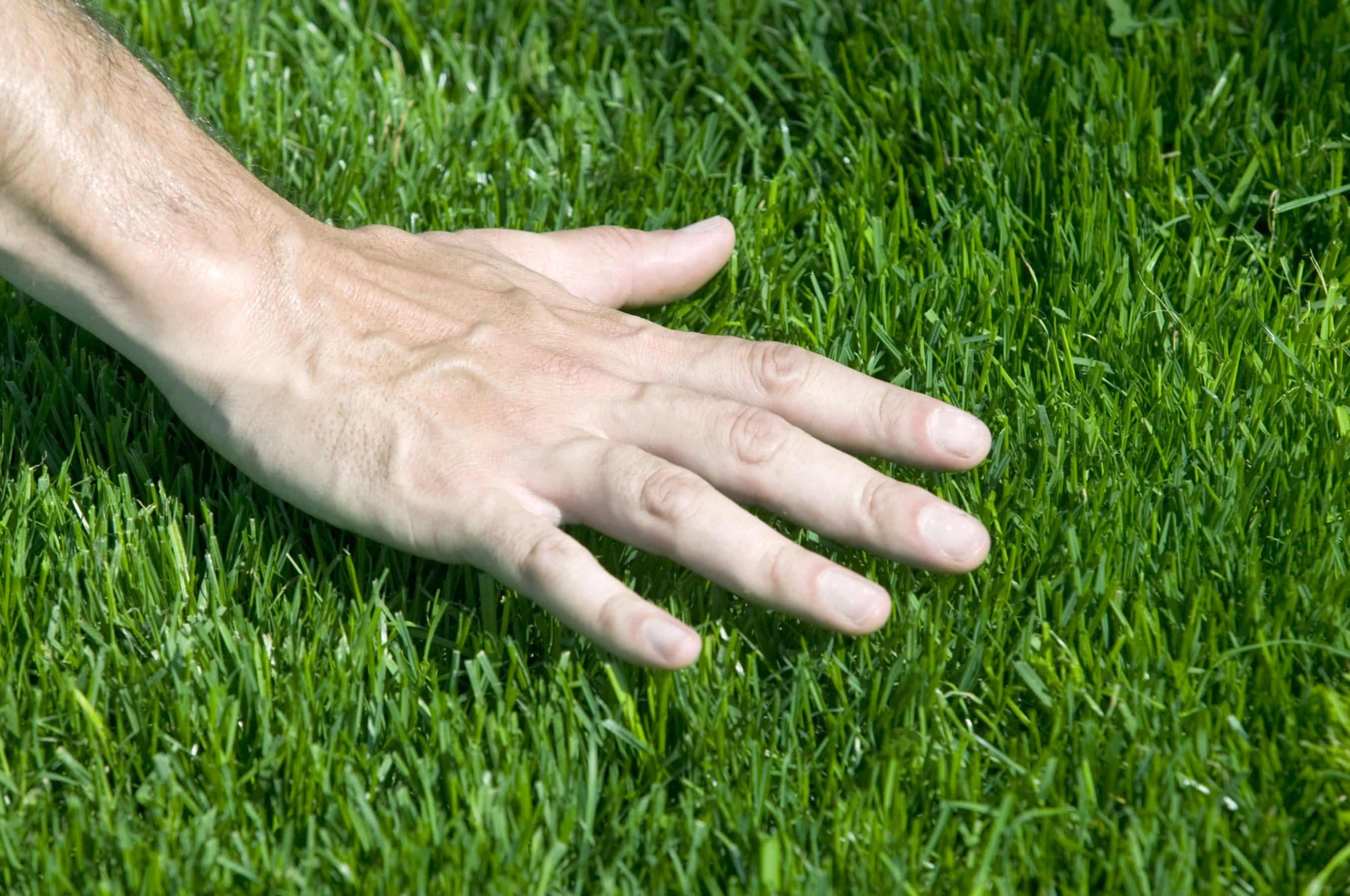
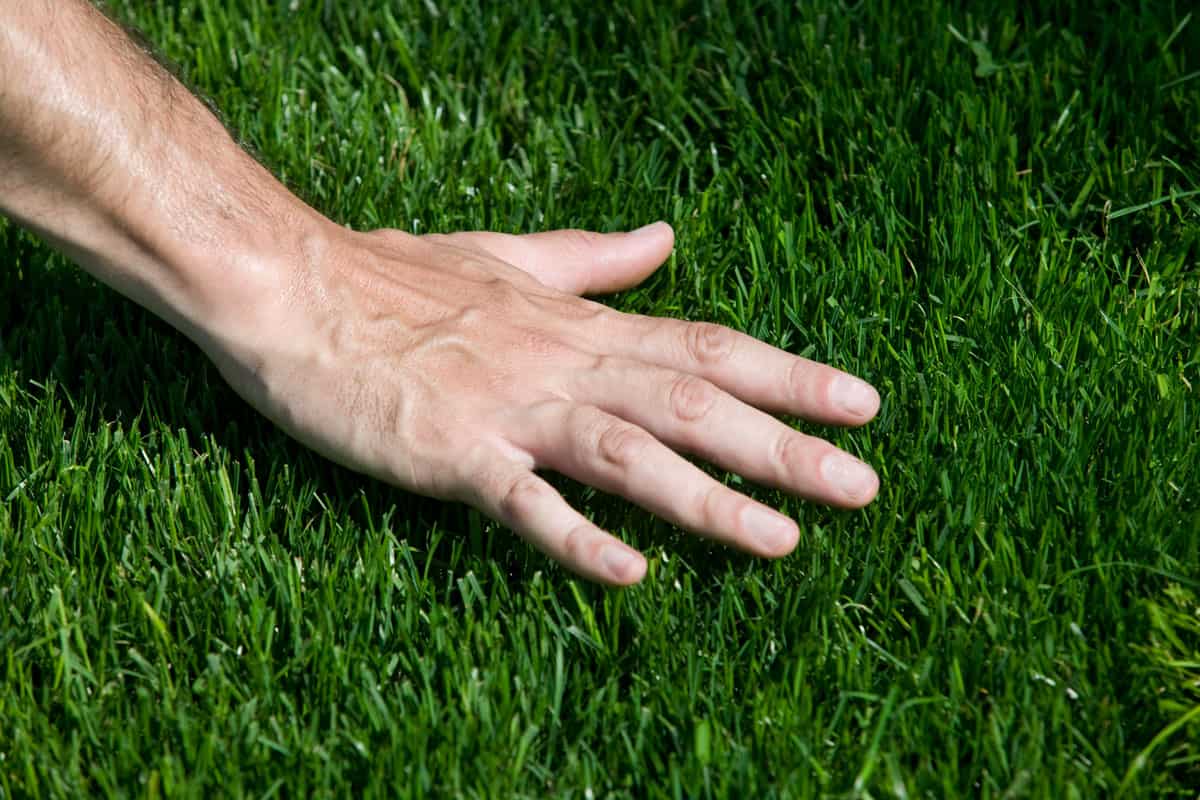
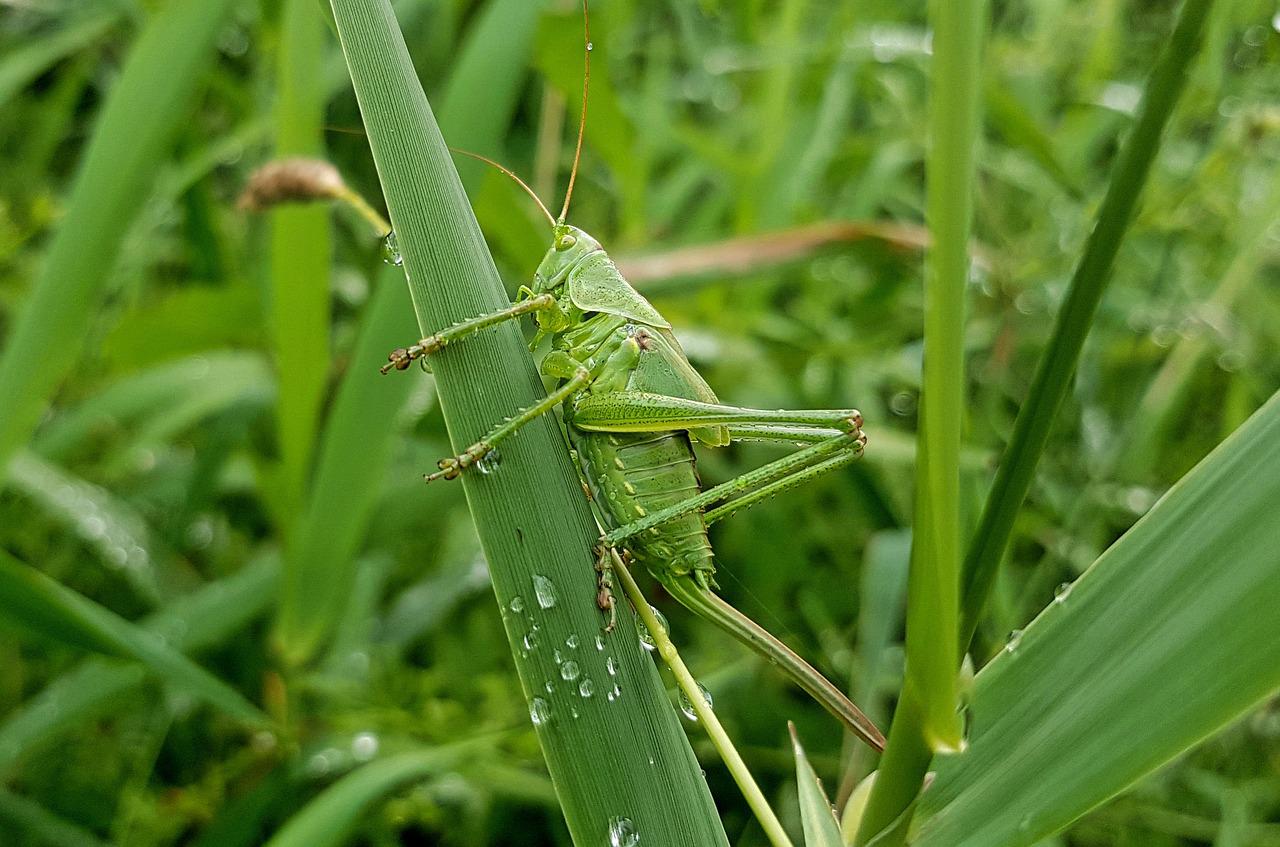
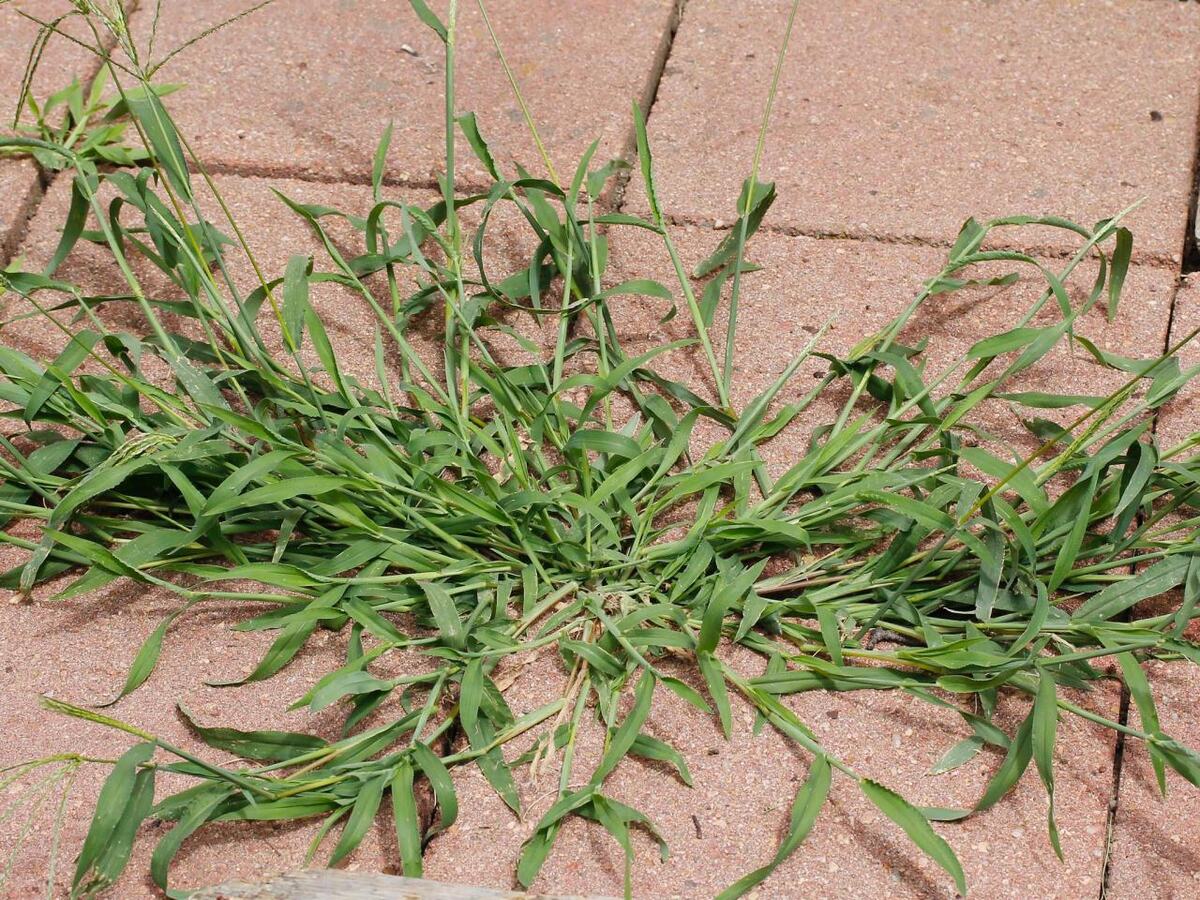
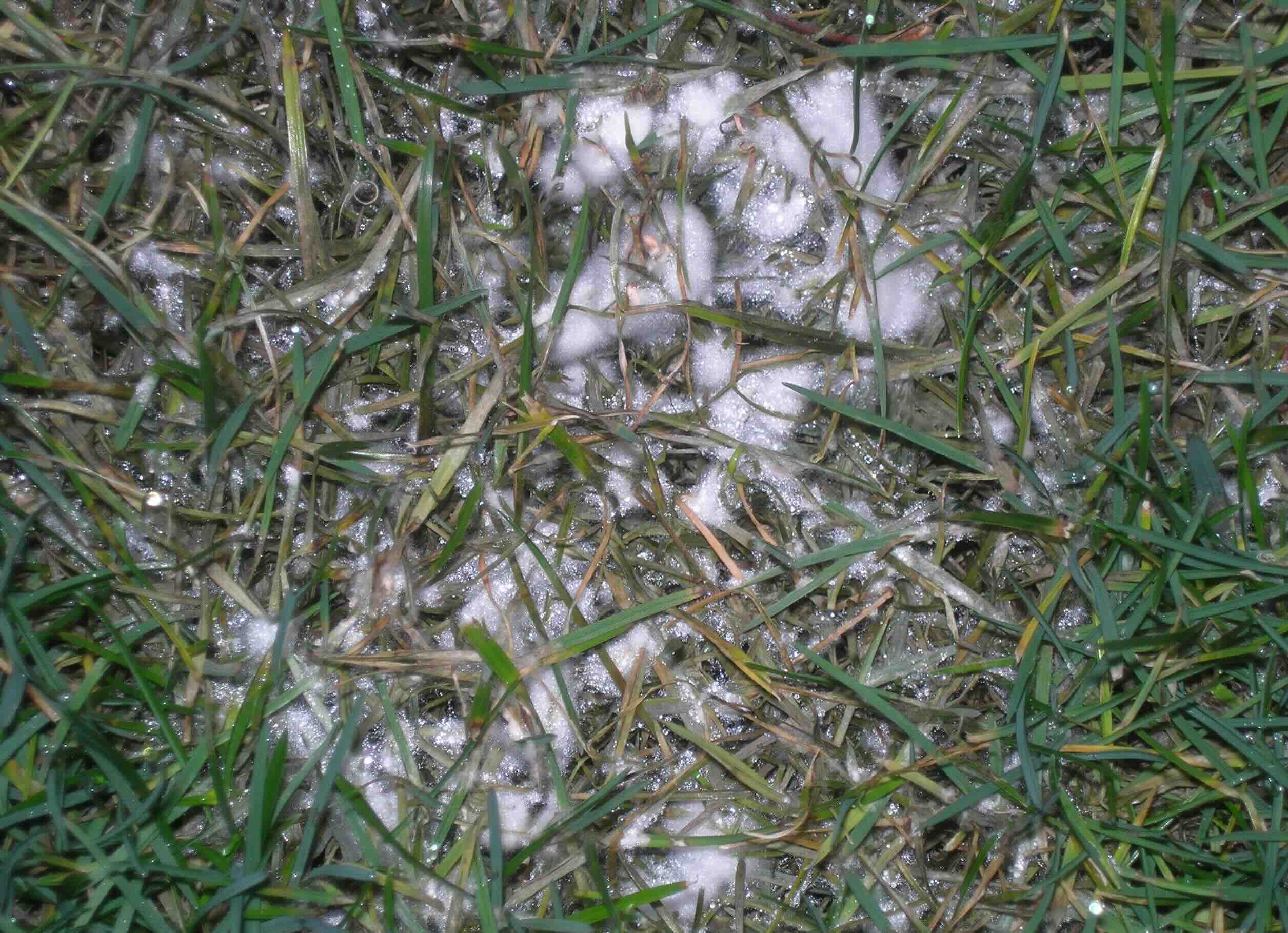
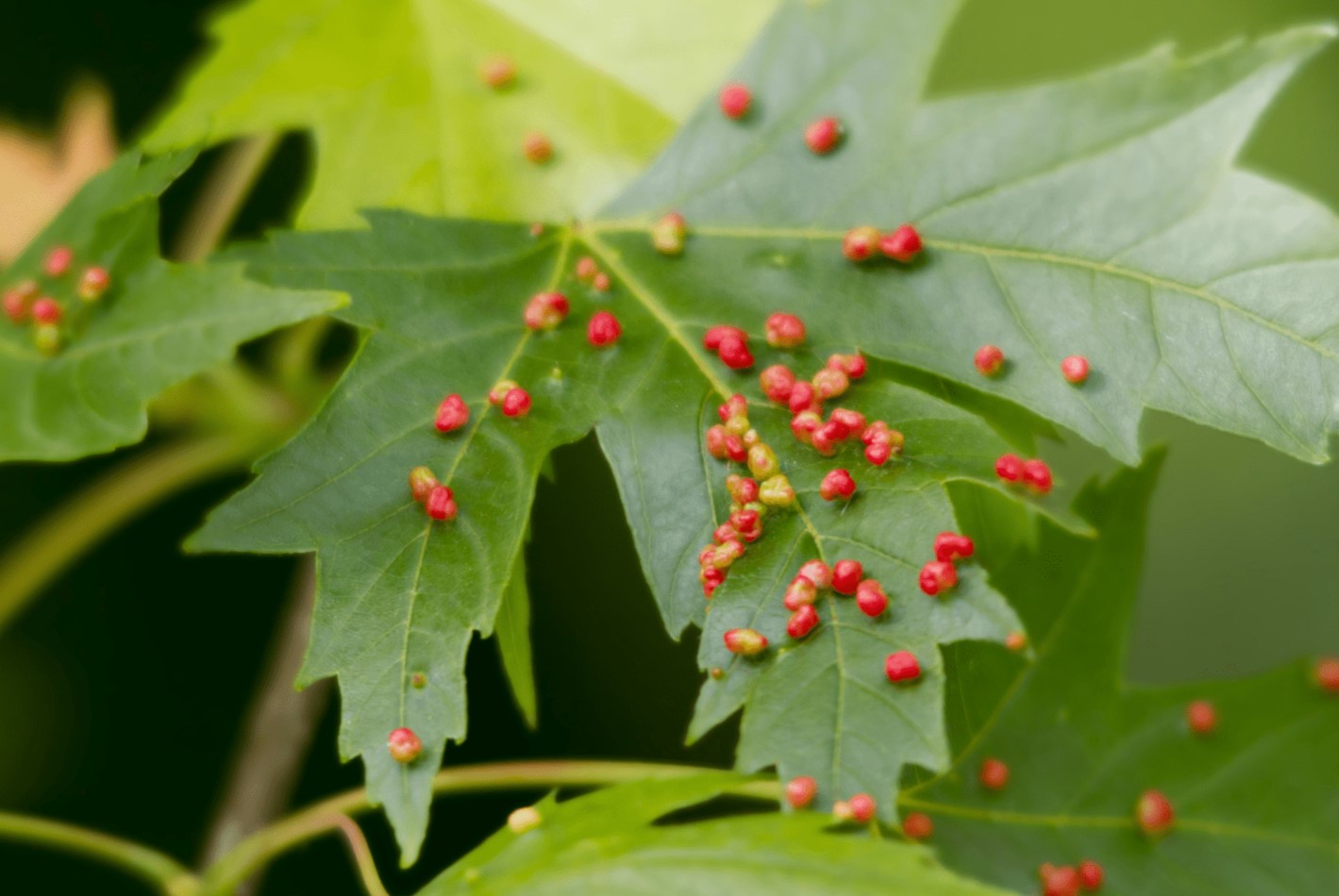
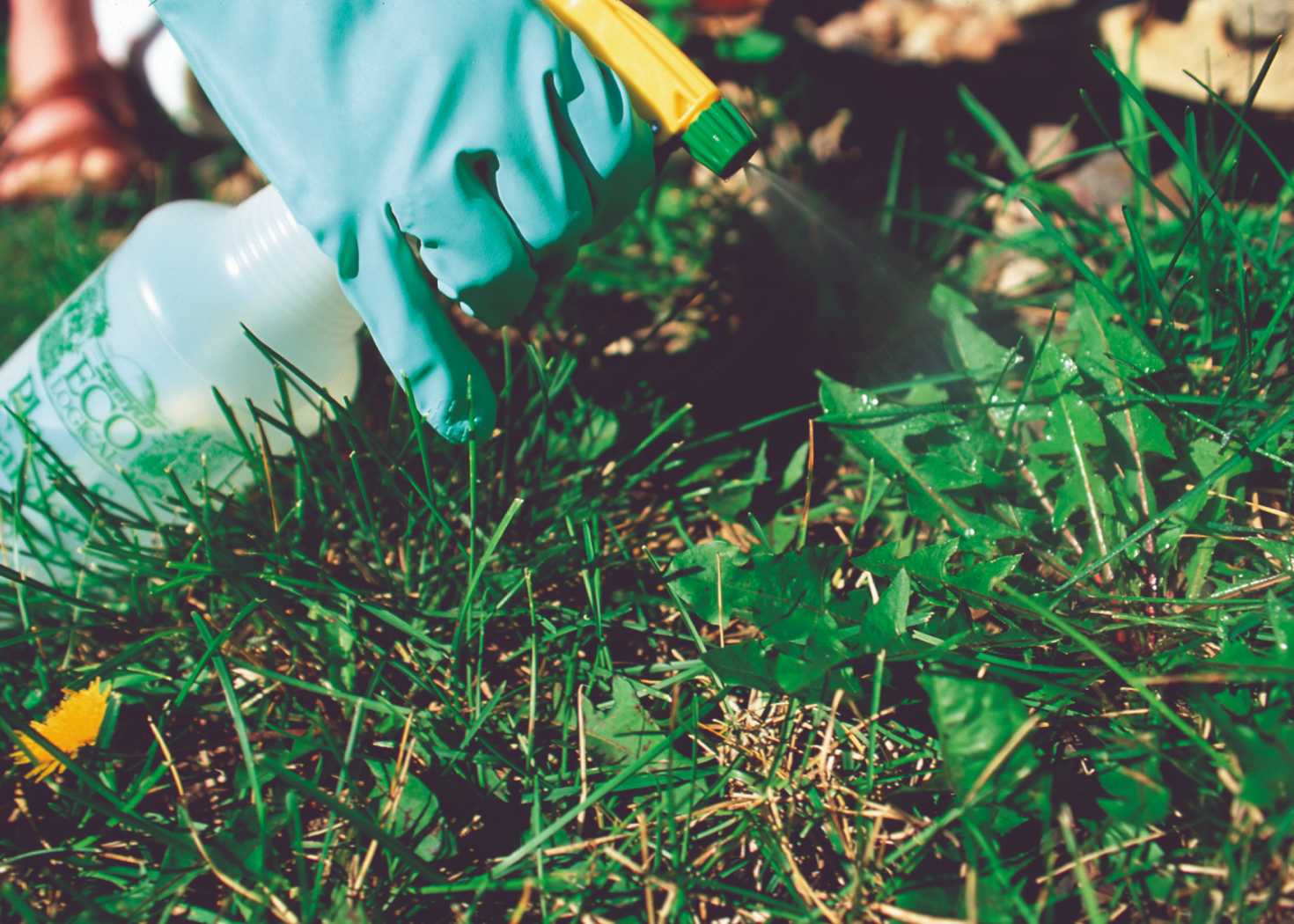
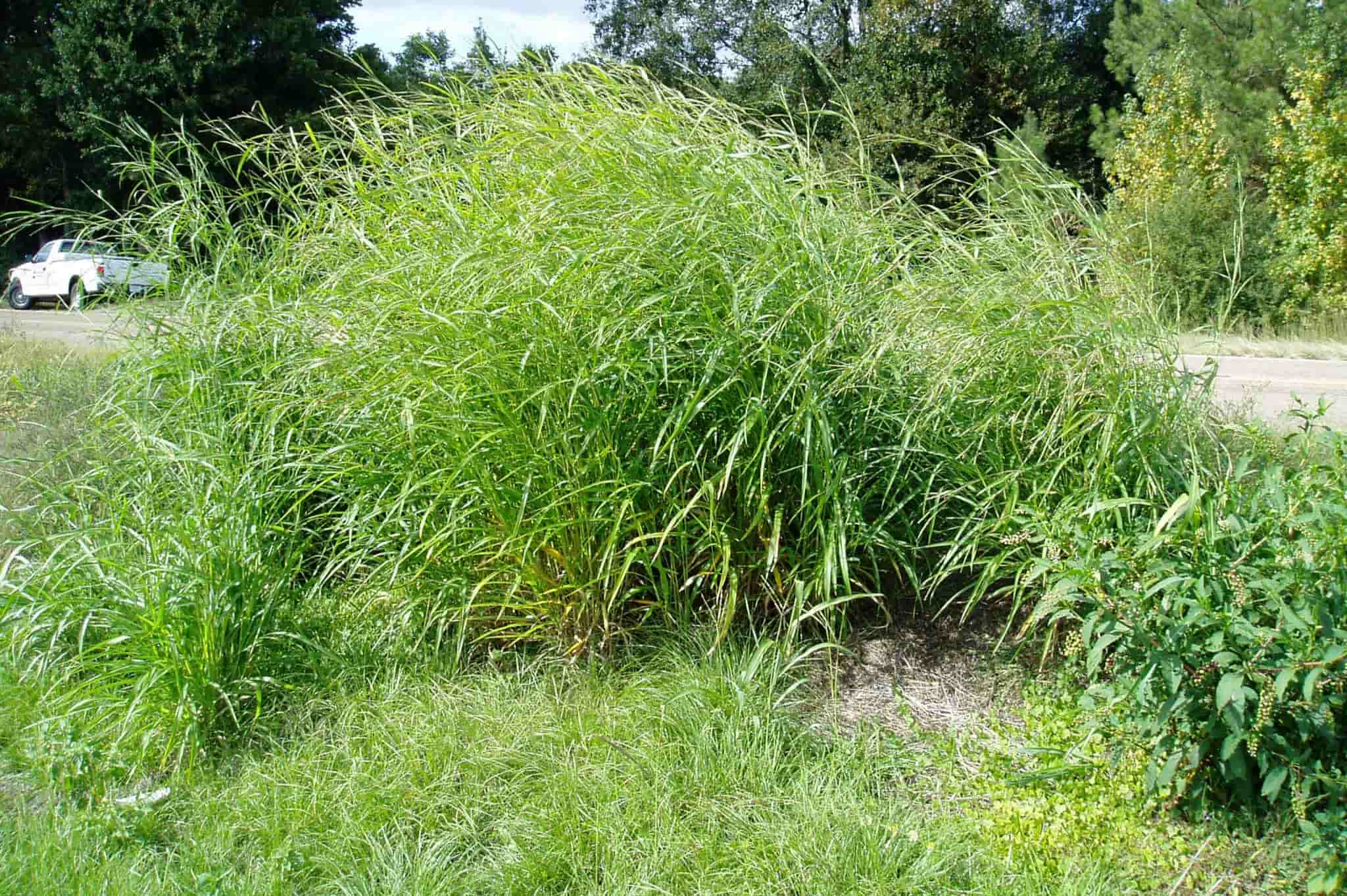
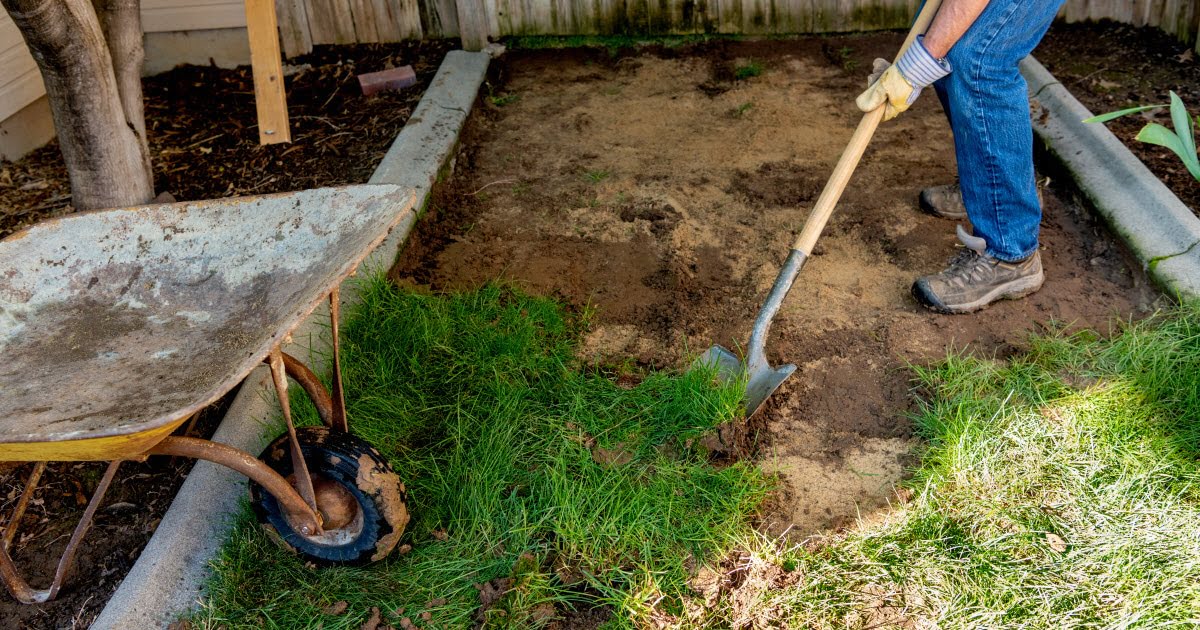
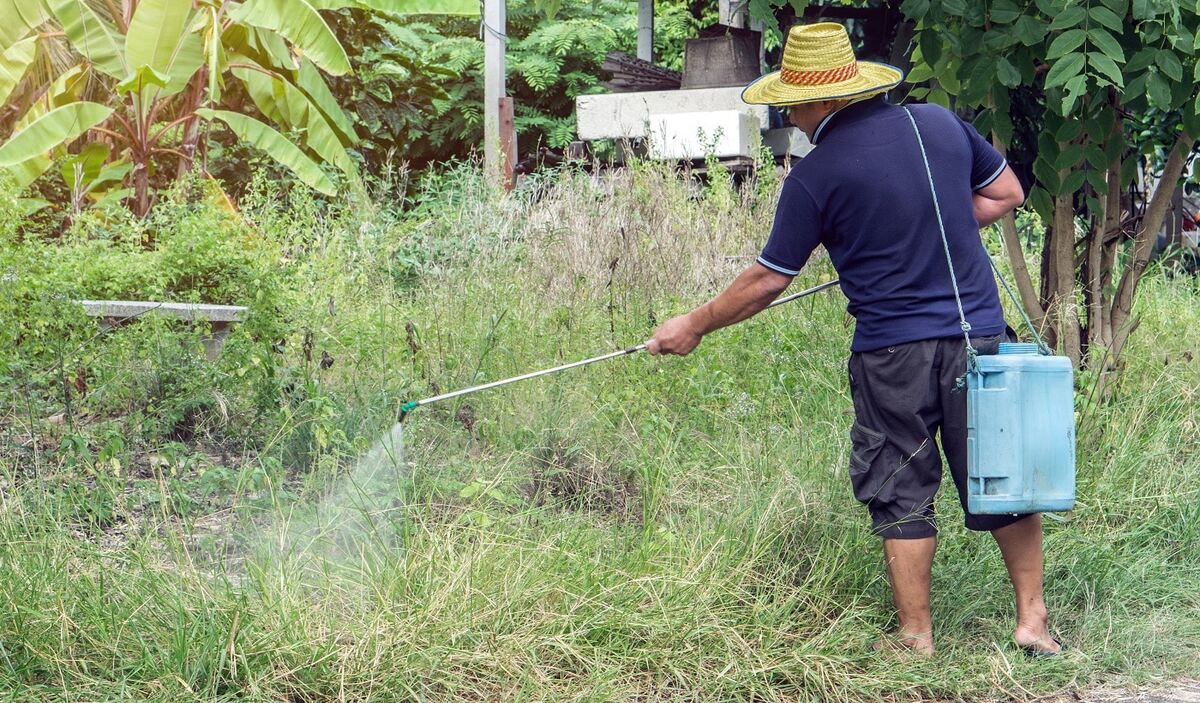
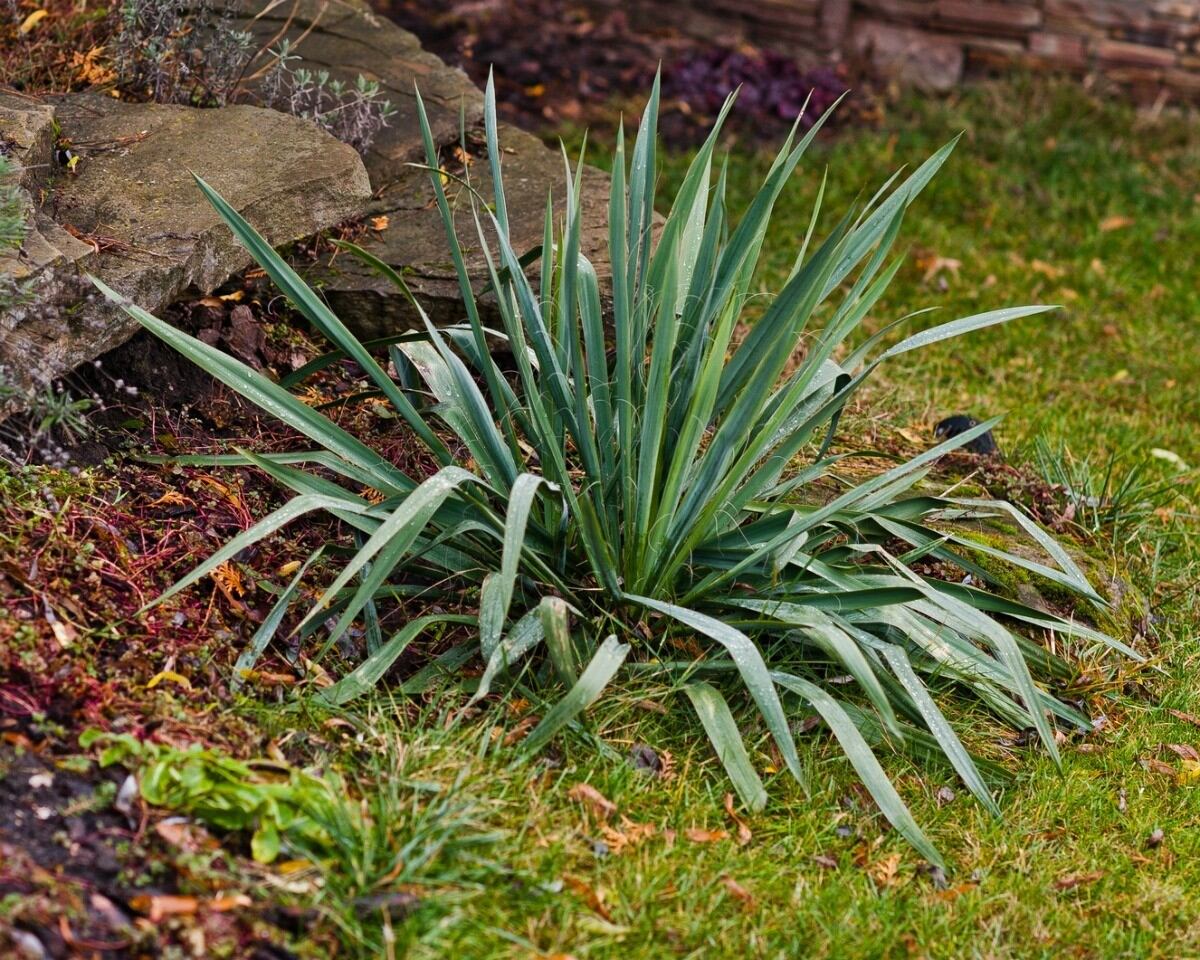
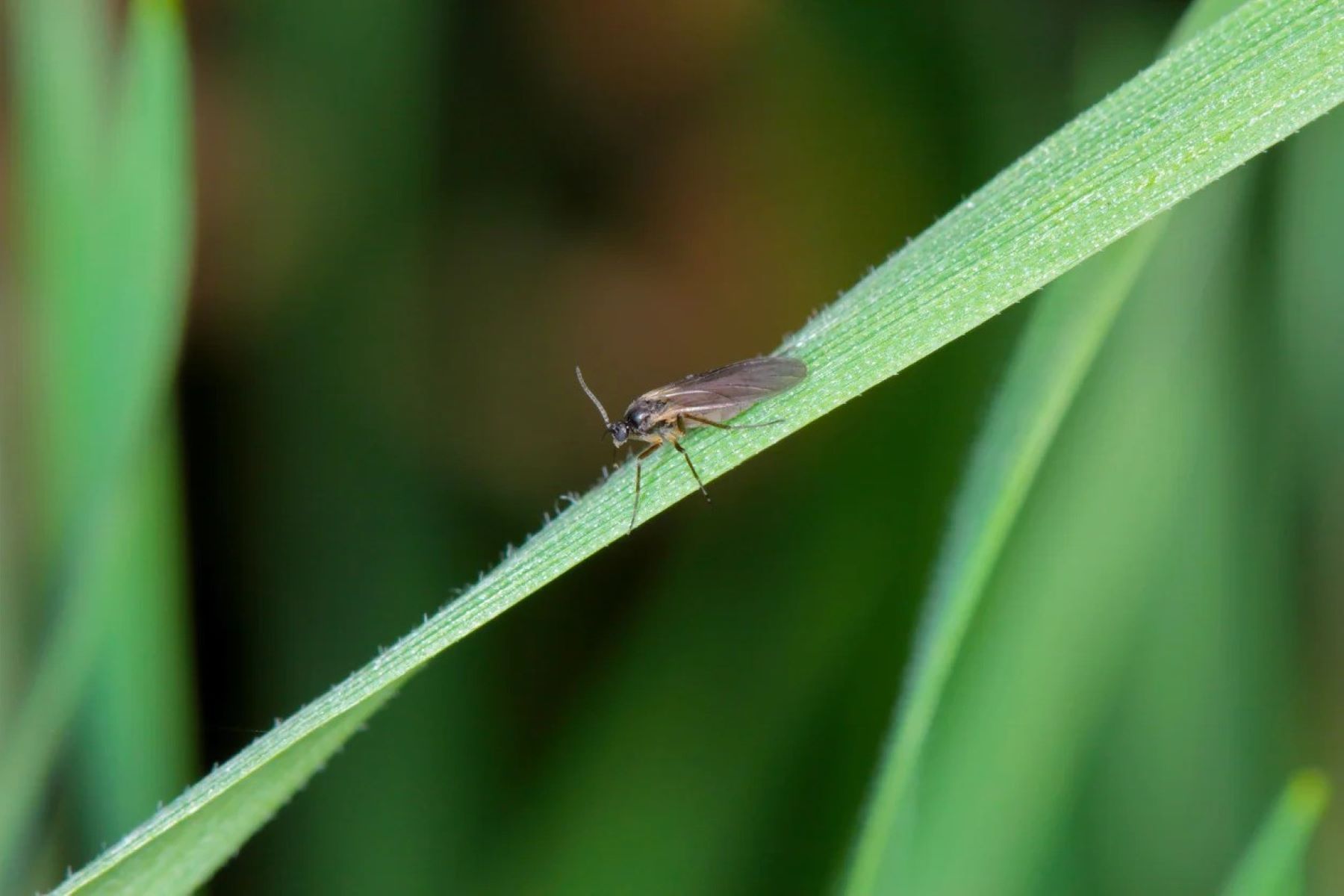
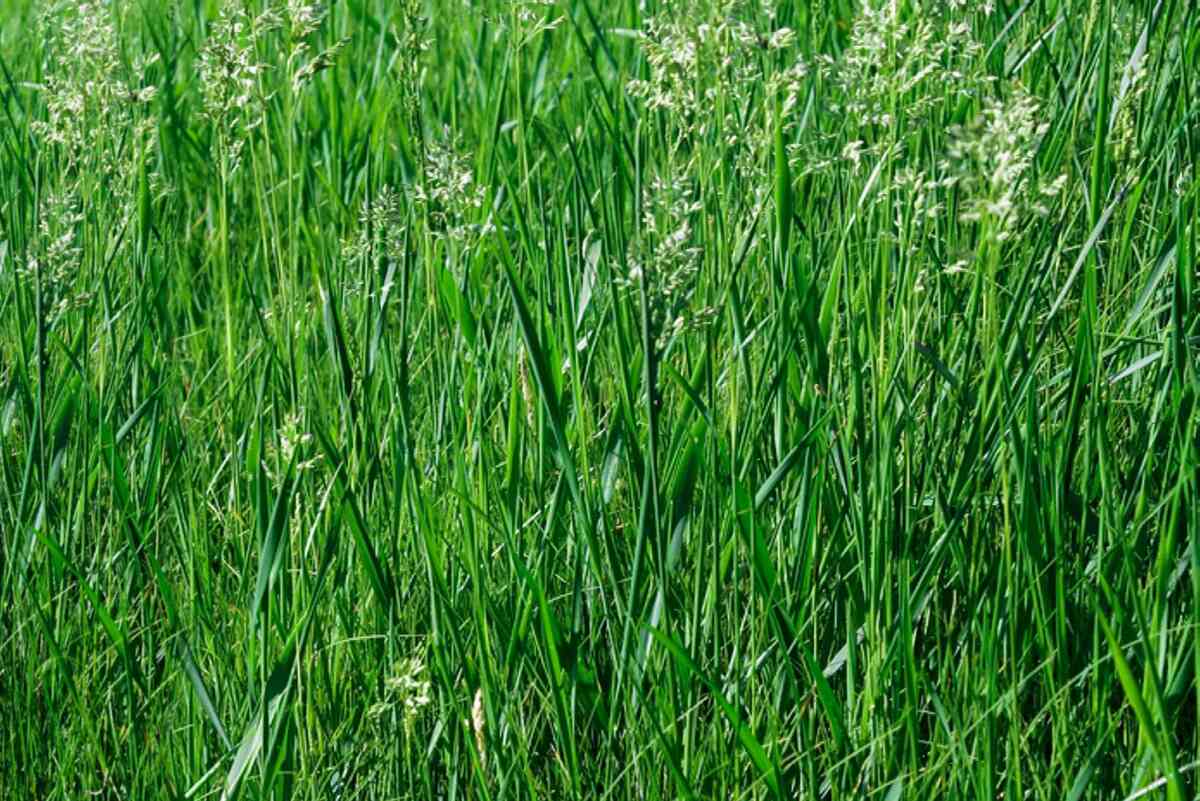

0 thoughts on “How To Get Rid Of Bermuda Grass”